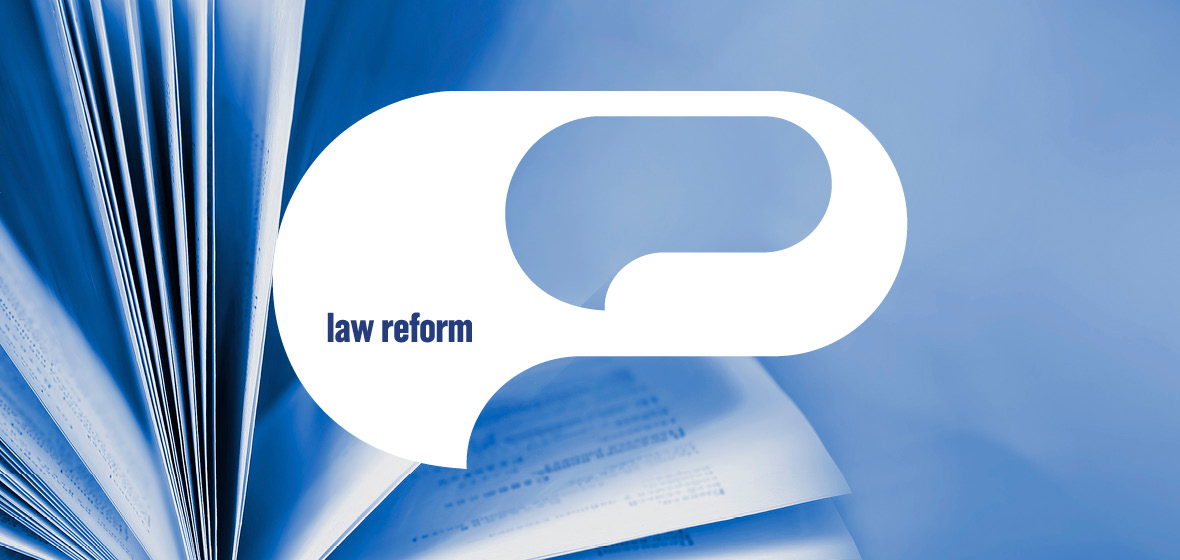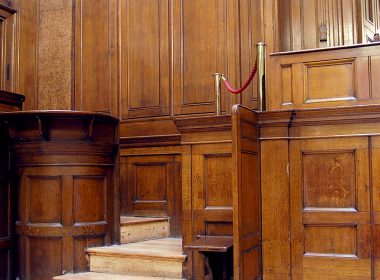Key developments
- Comments on the Community Schemes Law Reform Position Paper
- Support for the NSW Ombudsman’s Report : Policing intoxicated and disorderly conduct: Review of section 9 of the Summary Offences Act 1988
- Concerns over proposed closure of circle sentencing locations
- Debt recovery in NSW: Recommendations to increase jurisdictional limit of Local Court Small Claims Division opposed
Comments on the Community Schemes Law Reform Position Paper
The Property Law Committee made a submission to NSW Fair Trading in response to the Community Schemes Law Reform – Position Paper issued in September 2014.
The committee largely supported the approach NSW Fair Trading has adopted in relation to the reform of community title, which mirrors many of the proposed reforms in the strata scheme law reform.
The committee also supported many of the proposed community title development reforms that introduce an appropriate level of flexibility.
The committee postponed making detailed comments, preferring to wait for the draft legislation. It made several general comments:
- The committee strongly opposed the proposal to restrict the right to legal representation in mediation and at the NSW Civil and Administrative Tribunal (“Tribunal”) for community title matters and the requirement to apply for leave to be legally represented.
- Although not mentioned in the position paper, the committee suggested that the review of community title provided an opportunity for legislative reform to provide greater clarity in relation to the expiry of the initial period in a community scheme.
- The committee reiterated its concerns as to the manner in which a tenant representative for schemes would be appointed; owners are often quite lax in notifying the association of tenancies, making it difficult to ascertain if and when tenants occupy more than half the lots in the scheme such that a tenant representative should be appointed.
- In principle, the committee supported requiring developers to set appropriate and adequate levies during the initial period and the first year after the initial period expired, but the committee was concerned as to how this determination would be made. Where levies are grossly inadequate, such a determination will not be problematic, but in most cases this will more likely be a matter of degree.
- The committee noted the proposal for penalty payments to be payable to an association rather than the Commissioner for Fair Trading, and for penalties incurred by an owner to be added to the owner’s levy account. The committee noted that generally, penalty orders were issued as a deterrent and in some circumstances the Tribunal would have some discretion to order less than the maximum penalty, depending on the owner’s financial circumstances. It is not clear if the owner will be given the opportunity to make such an application or alternatively make an application to pay by instatements.
The committee anticipates being further involved in strata and community title reform in 2015.




